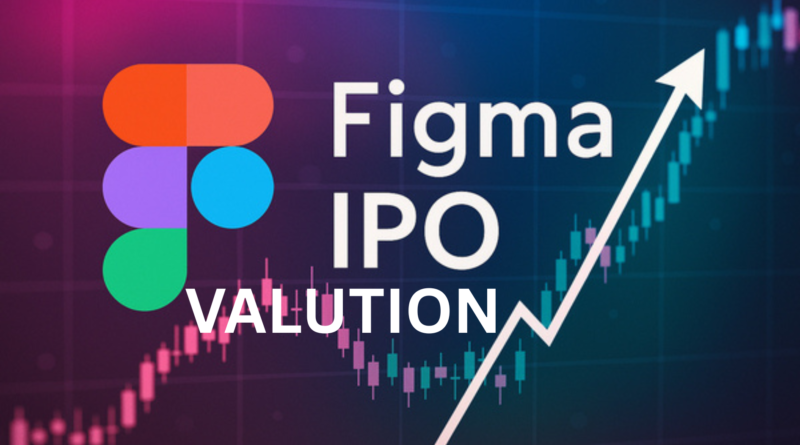FIGMA SETS IPO VALUATION AT $18.8 BILLION: A NEW CHAPTER FOR DESIGN TECH
Figma, the collaborative design software company known for transforming how digital interfaces are built, has officially raised its target valuation to $18.8 billion ahead of its anticipated IPO. The move highlights growing investor confidence in tech startups with solid growth prospects, especially those that champion cloud-based, real-time collaboration. As Figma gears up to enter public markets, industry watchers view this as a potential bellwether for the broader software-as-a-service (SaaS) sector, which has seen a cautious rebound in 2025.
Founded in 2012 by Dylan Field and Evan Wallace, Figma has emerged as a dominant force in the product design landscape, rivaling traditional tools like Adobe XD and Sketch. Its browser-first model and robust collaboration features made it especially attractive during the remote work boom. With more than 4 million users globally and widespread adoption by companies like Microsoft, Uber, and Google, Figma’s positioning as a critical infrastructure tool in product development has only strengthened over time.
The raised valuation follows a significant reappraisal of Figma’s business after Adobe’s attempted acquisition in 2022 for $20 billion was blocked by regulatory scrutiny in both the U.S. and EU. Although the deal fell through, it validated Figma’s market potential and helped fuel investor enthusiasm for a future IPO. Many analysts argue that going public independently gives Figma more freedom to pursue its long-term vision without being constrained by a larger corporate structure.
The $18.8 billion figure represents a notable bump from previous expectations, which hovered closer to $14–15 billion. This upward revision signals strong pre-IPO demand from institutional investors, who are increasingly looking for growth stories with durable revenue models. Figma’s annual recurring revenue (ARR) reportedly surpassed $500 million in late 2024, with continued double-digit growth across enterprise and startup segments.
Industry insiders believe Figma’s IPO could re-energize the public markets for tech companies, which have been in a state of cautious optimism following a quiet period of listings. The success of Figma’s IPO could influence other late-stage startups like Notion, Airtable, and Stripe, which are still weighing their own timelines for going public. A strong debut may help set new valuation benchmarks for collaborative software platforms.
Figma’s emphasis on community, open design systems, and integration with popular tools like Slack, GitHub, and JIRA has helped cement its reputation as a modern, developer-friendly product. Its decision to go public comes at a time when businesses increasingly demand tools that integrate seamlessly across functions design, development, marketing, and product.
One of Figma’s biggest strategic advantages remains its scalability. The company has succeeded in monetizing across freelancers, small teams, and large enterprises alike, with tailored offerings for each segment. The transition from a startup-focused model to a scalable enterprise SaaS provider has enabled Figma to build a sticky, high-retention customer base a key metric that will likely appeal to IPO investors.
As Figma enters this new phase, all eyes will be on its first-day performance, which could determine how other SaaS firms position themselves in the months to come. While market conditions remain volatile, Figma’s elevated IPO target is a sign that strong product-market fit and sustainable growth can still command premium valuations in the public arena.




